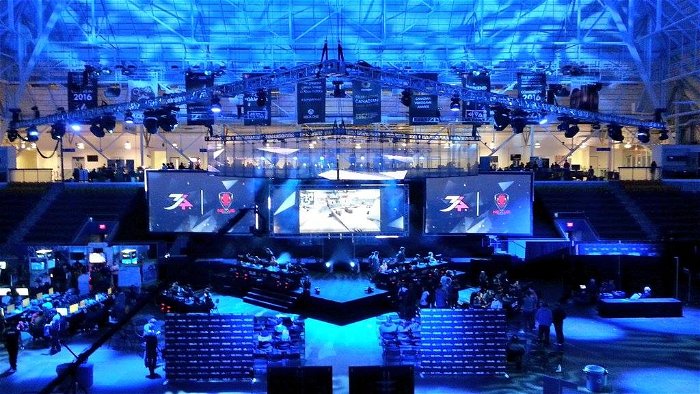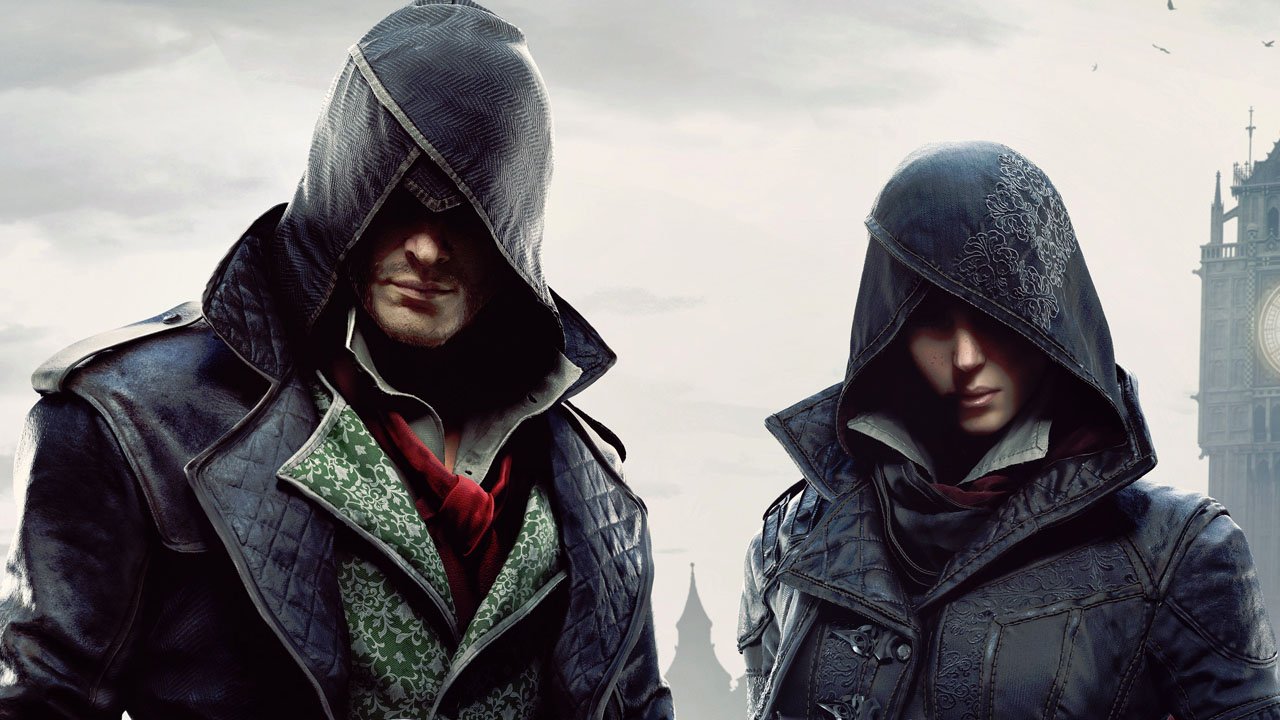Every industry has their own unique awards and accolades. For film, there is the Oscars, for music, we have the Grammys, and for TV, we have the Emmy Awards. Yet, even though gaming has been around for over thirty years, there is no industry standard for what an award show should be. In the industry, there are the DICE awards, or the IGDA Awards handed out at GDC, and for the more bombastic spectacle we have the Game Awards. These all have their own merits, and offer different things for different groups of people.
Canada, on the other hand, has the Canadian Video Game Awards—a star studded event held in Toronto that gives the awards for Canada’s best. This year, the awards have moved locations, now taking place at the historic Maple Leaf Gardens. With the move comes a slight change in the way the awards were handled. Although I had some small issues with last year’s award show, it had a level of class and pageantry to it. It had some rough patches, but for the most part it felt like an award show—one that with some polish and small changes, we as a country should be proud of. Sadly, this year’s show went in an odd direction.
As with last year’s show, this year’s CVAs where hosted by people from Electronic Playground and called upon some notable names in voice acting along with developers to help present some awards. In theory, this is not a bad way to run things, it gives one of Canada’s biggest and longest-running gaming TV shows a chance to honour the industry’s best. The real issue is that the final product felt muddled and torn between two core concepts.
The two concepts on display made for a show that lacked any real identity. On the one hand, there was an industry raising a glass to toast a solid year in games, reflecting how many games are now developed in Canada. A strong indie scene with some fantastic developers combined with a remarkable AAA industry is definitely something to celebrate. On the other hand, you had hosts that were trying their best to appeal to an audience mostly cultivated through the Internet. Combine that with some poorly timed jokes, randomly breaks throughout the show, and a mixed tone, you have yourself a show with a serious identity crisis.
Let’s be clear: the show that was put on had a lot on display. The stage setup looked good, the guests they had on hand were fantastic to see all in one place, and the pageantry of it all felt like welcomed aspects to the awards show. People such as David Hayter of Metal Gear Solid and Jennifer Hale from Mass Effect were in attendance to present awards. People from all the major studios in Canada where on-site, and even some of the big indie developers were in attendance, if for nothing more than to give support for the industry they work in.

There were also some great games fighting over the top honours in the awards. Games such as Dragon Age: Inquisition and Assassin’s Creed Syndicate taking home Best Console Game, and Game of the Year respectively. There here even indie games on show with N++ taking home Fan’s Choice for best Canadian Made Game and Invisible Inc winning for Best Indie Game. These are the games this industry should be proud of, and all are very deserving of the accolades given. It is this fact that makes the show’s shortcomings so disappointing. It was so close to being an awards ceremony Canada could be proud of, yet it still fell short.
It was the Twitch online part of the show that really brought the whole thing down. Even with the hosts of EP Daily doing their best, it’s near impossible to make something good with poorly-conceived material. These “joke” interludes took away from the better aspects of the show. They felt forced, tone deaf, and missing the main point about the night. It is a night to celebrate the industry; you broadcast it to allow the world to see what is going on at the show, and to give people a look at the celebration. To make bad, demeaning jokes such as the #MOBAMakeMeHorny shirt only showa how out-of-touch the planners of the online show are with the industry and their audience.
These shows are expensive, and the ability to market them to an online audience is key. If the show is funded by the industry it’s one thing, but if part of the cost has to come from online ad deals and sponsorships it’s another. It is up to the planners to decide what aspect of the show they want to push forward with: the industry side that is similar to the Oscars, or one that’s built around an online audience, similar to what the Spike VGAs used to be like.
The humorous parts work well in a pre-show stream or a post show wrap-up, but when you try to interweave a black-tie awards ceremony with bad jokes and “game culture,” everything falls apart. There are some lessons that need to be learned from this year’s awards—lessons the industry as a whole need to take note of. No one show can appeal to everyone, and when it tries to it gets easier to see the strings.
The industry deserves a chance to celebrate its achievements, and have a chance to raise a glass to it’s own. But if it must fight against the fact it is trying to appeal to a mass audience at the same time that leads to problems. It is hard for one event to live up to both expectations, and when it tries, everyone looses. The CVA’s have a chance to do something great for the industry in Canada, but for this to happen it needs to find an identity and stick to it. Here’s hoping next years show has better direction to really allow for it to be something special.




